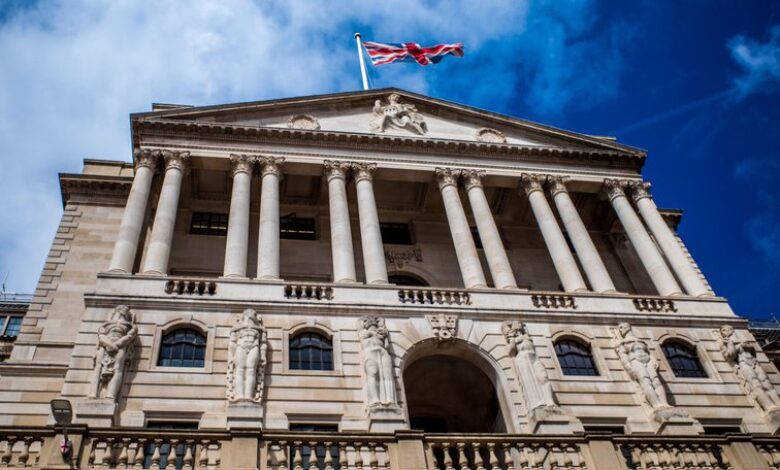Bank of England to Launch Stablecoin Regulations in Step With U.S.

The Bank of England (BOE) is preparing to roll out its long-awaited stablecoin regulatory framework, aiming to match the speed of the United States in establishing comprehensive oversight for digital payment assets, according to Bloomberg.
Sarah Breeden, Deputy Governor of the BOE, dismissed claims that the UK is falling behind the U.S., saying that Britain’s regulatory regime will be operational “just as quickly as the U.S.”
Breeden confirmed that the central bank will publish its consultation paper on stablecoin regulation on November 10, Reuters reported. The initial rules will focus on “systemic” stablecoins — those expected to see widespread use in payments — while other stablecoins will remain under the Financial Conduct Authority’s (FCA) lighter supervisory framework.
Temporary Caps and Market Safeguards
According to Bloomberg, the BOE’s upcoming proposal will introduce temporary holding limits of £20,000 ($26,000) for individuals and £10 million for businesses. Breeden said the UK’s stricter approach reflects the nation’s bank-dependent mortgage market, which could be more vulnerable to rapid deposit shifts into stablecoins.
“Our aim is to make sure that our regime is up and running just as quickly as the U.S.,” Breeden said, highlighting the central bank’s urgency to ensure financial stability while fostering innovation.
UK Accelerates Digital Finance Push
The UK’s move comes amid growing pressure to stay competitive with U.S. crypto policy developments. In October, the government announced plans to appoint a “digital markets champion” to spearhead blockchain integration in wholesale finance.
Meanwhile, the Financial Conduct Authority (FCA) has lifted its four-year ban on retail crypto exchange-traded notes (ETNs), allowing broader investor participation and signaling the country’s renewed commitment to digital asset innovation.
With the BOE’s stablecoin regime set to debut, Britain is positioning itself to remain a key player in shaping the future of regulated digital payments.





